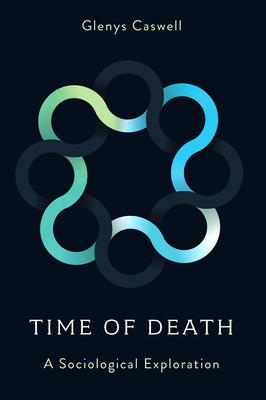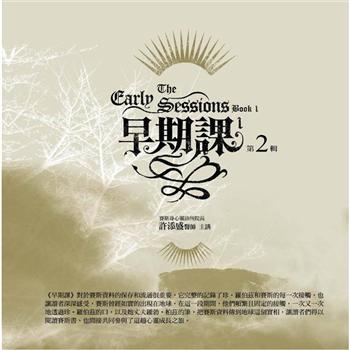Addressing a gap in social science research to explore the meanings, understandings, and experiences of time at life’s most critical point, Time of Death takes a thoughtful sociological approach to questions about how humans use and experience time in relation to when someone dies.
Considering temporal theories and drawing on a range of disciplines, Glenys Caswell discusses efforts to measure and record times of death, as well as the ways in which people who undergo bereavement experience time during that process. Looking at the impact of digital technologies, the differences in interpretation of what counts as death in varied social contexts, assisted dying and temporal dissonance, and global cases of people dying alone, the author poses critical questions. To what extent is this measurement the province of the medical and legal professions, and official state statistics? How accurate is this data and is there need for its collection? How does time in relation to death become fluid in a previously non-experienced way?
Investigating this conceptual focus and questioning what it can add to our knowledge of the human relationship with time, Caswell brings together studies on death and temporality to create a valuable resource for scholars across disciplines.












